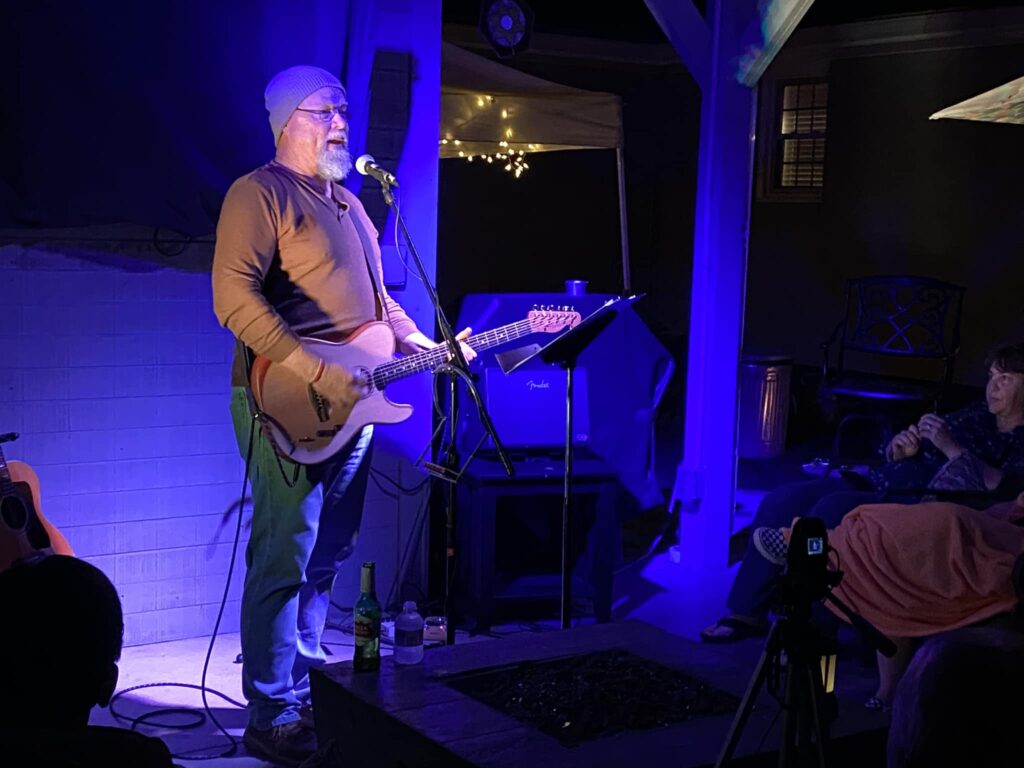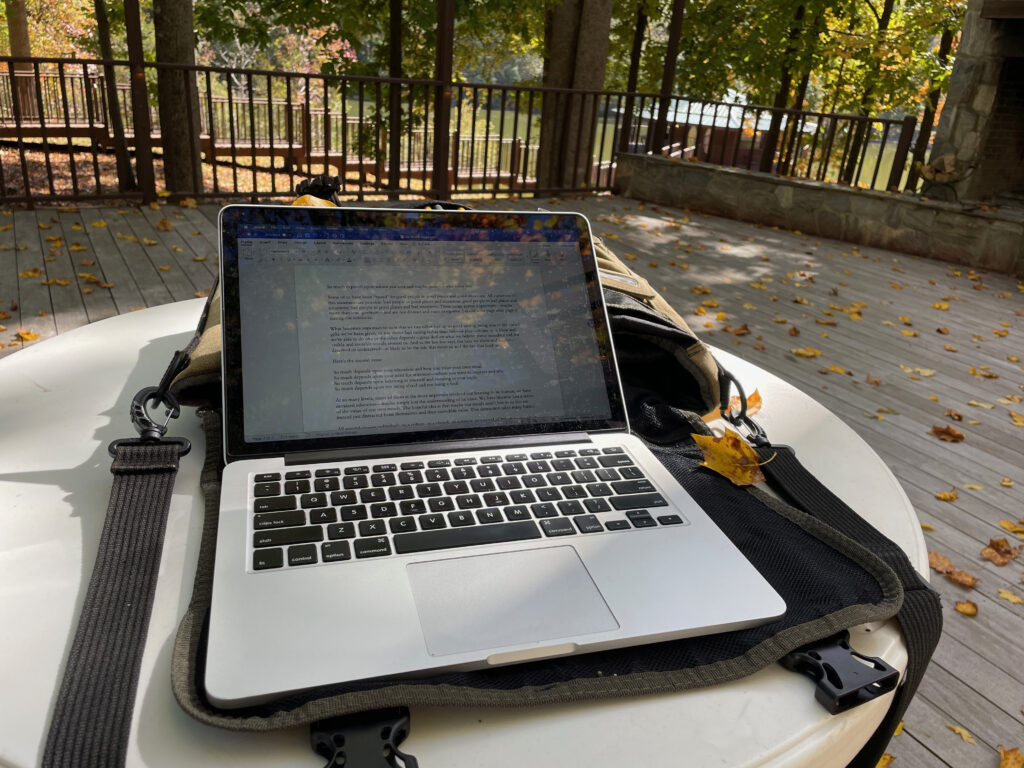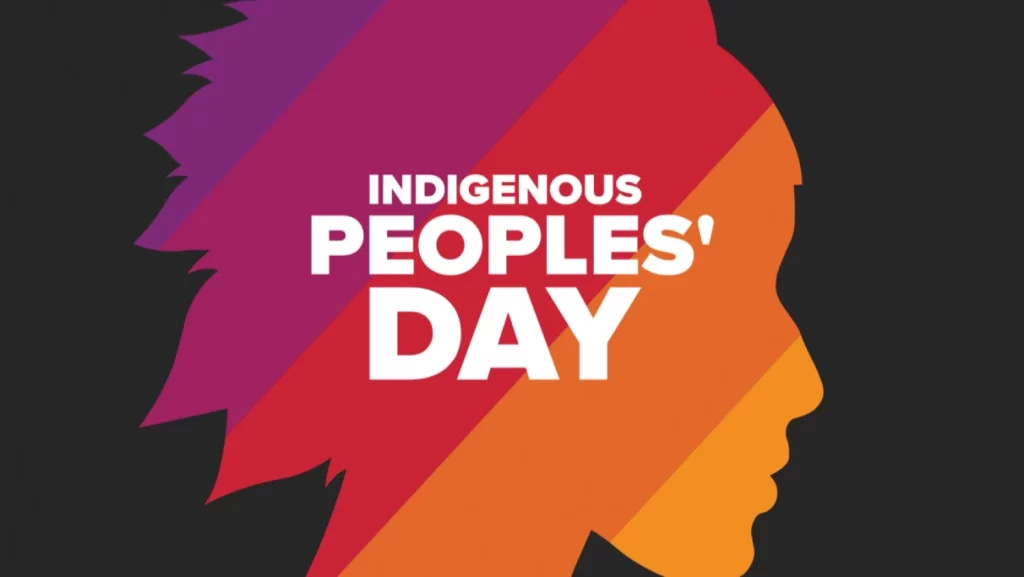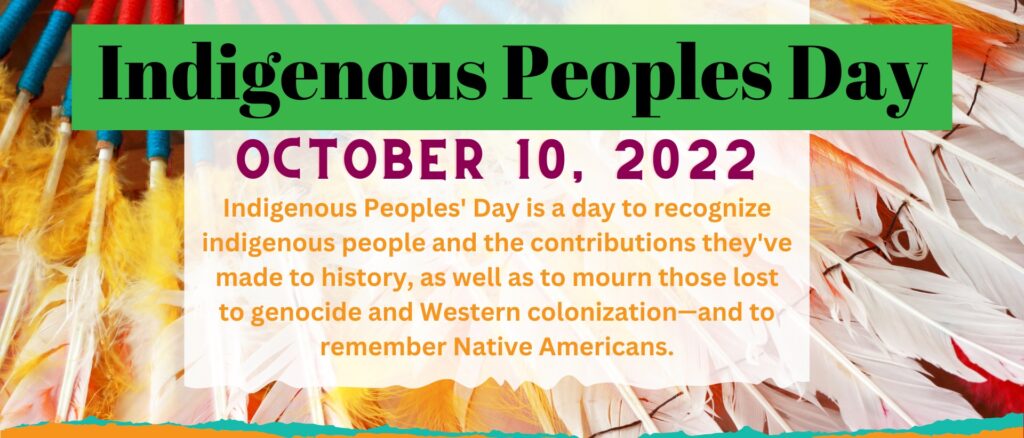[Updated with video]
On September 16, 2022, a beautiful late-summer night on the cusp of autumn in east Tennessee, I played and sang for friends—new and old—and family on the Barnett Patio, perhaps my favorite music venue ever. I named the show “Chronology II,” and the setlist consisted of songs I’d written from 1989 to the present. (“Chronology I” took place in late May 2022 and included songs from 1975 to 1989.)
“So Much Depends” turned out to be a favorite song that September evening, which both surprised and pleased me. It’s a recent song, probably written in 2017, and only Leesa and a handful of others had ever heard it. The writing of the song began with a musical challenge, which I ultimately failed, and ended up with a lyric challenge to our better angels and our best selves, which we can’t afford to fail.
Let me first get this out of the way. Many who know our twentieth-century American poetry are familiar with William Carlos Williams and his imagistic, no-ideas-but-in-things poem “The Red Wheelbarrow” and its well-known first line “so much depends.”
“The Red Wheelbarrow”
so much depends
upona red wheel
barrowglazed with rain
waterbeside the white
“The Red Wheelbarrow” by William Carlos Williams
chickens
I’m pleased to have the connection made between my songs and Williams’s famous poem. But I have to confess that I didn’t make the connection at first. My opening and repeated use of the phrase—maybe similar to the poet’s use of it—speaks to my urgent sense of how important it is that we be our best human selves in this moment in the history of our world.
The musical challenge was to try and write an interesting and listenable song using just two chords. Not to imply that this hasn’t been done before. It has—and brilliantly. Here’s just a sample of my favorites: “Born in the U.S.A.” (Springsteen); “Eleanor Rigby” & “Paperback Writer” (Beatles); “Horse with No Name” (America); “Dreams” (Fleetwood Mac); “Copperhead Road” (Steve Earle). Many more great and not-so-great two-chord songs are out there. No, the thing was that yours truly had never written such a thing. And I still haven’t. I could probably play “So Much Depends” with a two-chord setting, but for now it has a couple of others thrown in.
To the lyric. Through this first verse—and throughout the song—understand “so much depends” as pointing to how vitally important, I believe, are the things that follow the phrase.
So much depends upon where you’re from and who raised you up—
If you can live up to your raising or if you can rise above it.
So much depends upon whom you believe in and who believes in you.
So much depends upon whom you love and maybe more on who loves you.
(By the way, I’ve wrestled with who/whom usage in this song. For now, I write “whom” and I sing “who.”)

Some of us have been “raised” by good people in good places and good situations. But all variations of this statement are possible: raised by bad people in good places and situations; raised by good people in bad places and situations; raised by bad people in good places and bad situations. These range across a spectrum—maybe more than one spectrum—and are not distinct and static categories. I could write page after page teasing out subtleties.
What becomes important to us is that we can either live up to good raising, being true to the varied gifts we’ve been given, or rise above bad raising rather than fall—or play—victim to the bad. How well we’re able to do one or the other depends a great deal on what we believe about ourselves and the visible and invisible worlds around us. And as the last line says, the love we share and receive—deserved or undeserved—is likely to be the tide that raises us and the ties that bind us.
Here’s the second verse:
So much depends upon your education and how you value your own mind.
So much depends upon your need for attention—
whom you want to impress and why.
So much depends upon believing in yourself and standing in your truth.
So much depends upon not being afraid and not being a fool.
At so many levels, many of them at the most important levels of our learning to be human, we have devalued education—or maybe simply lost the understanding of its value. We have likewise lost a sense of the value of our own minds. The hopeful idea is that maybe our minds aren’t lost to us but are instead just distracted from themselves and their incredible value. This distraction takes many forms, and to be honest, it might begin with the failures of our education, especially that of the younger folks who have come up through a school system more interested in test scores and measurable outcomes than in educating students. Education is not a business. Education is not a competition. Education is not a tool for pseudo-conservative hacks to train mindless voters and mindless believers in American exceptionalism. Other distractions include, but are not limited to, 24-hours news, reality TV (one of the stupidest things on the planet, which has lifted some of the stupidest and underserving people to the heights of political and cultural power), fashion, the need to be in constant movement (like sharks), a desire for violence and blood (real and metaphorical), the doomed-to-fail sense that life is a perpetual party.
Did you ever know a person who—consciously or unconsciously—devalues herself (or himself) for somebody’s attention? This leads to nowhere good. (See the short story “Where Are You Going, Where Have You Been” by Joyce Carol Oates.) And it leads there fast. I’m sure we are all familiar with examples of this. Many is the good person who has been dragged downward for the desire of another (or to be desired by another), while the reality is that the better outcome would be that the object of their desire should be raised up rather than bent towards.
The last two lines of the second stanza suggest the remedies to our negative inclinations lurking behind the stanza’s first two lines. So, we must believe in ourselves rather than the opposite. We must recognize and commit to our individual truths rather than the opposite. We must not be afraid to be ourselves. We must not play the fool for anybody.

So much depends upon the monsters in you and the mayhem that they make.
So much depends upon the heroes in you and the stands they choose to take.
So much depends upon how well you’re able to live in your own skin
And on if you can hold on, let go, rise up again and again.
We all have interior monsters that we try to hide from ourselves and more strenuously try to hide from our world. Monsters are scary and dangerous, and so this makes sense. The destructive poles of this truth are, at one end, those who unleash their monsters and revel in the chaos of their mayhem and, at the opposite end, those who believe they have no monsters, which allows the monsters that are indeed there to have the run of the place. The behaviors at each end of the spectrum not only wreak the same destruction but also, ultimately, wreak this destruction in the same way.
All around us—as individuals, as a culture, as a church, as a nation, as a world of humans—we are in the process of a hard fail. I fear that this will be the ultimate and final failing. We must find our best selves and learn to live with these in the best ways we can. We have so much worth holding on to and so much we need to let go. Sometimes it’s hard to hold on, and sometimes it seems impossible to let go. But through the character of our better angels, we can survive the tug of war that is holding on and letting go, finding the strength—which is more often than not the courage found in faith and conviction and our common humanity—to “rise up again and again.”
On you, so much depends!
So Much Depends
So much depends upon where you’re from and who raised you up—
If you can live up to your raising or if you can rise above it.
So much depends upon whom you believe in and who believes in you.
So much depends upon whom you love and maybe more on who loves you.
So much depends upon your education and how you value your own mind.
So much depends upon your need for attention—
whom you want to impress and why.
So much depends upon believing in yourself and standing in your truth.
So much depends upon not being afraid and not being a fool.
So much depends upon the monsters in you and the mayhem that they make.
So much depends upon the heroes in you and the stands they choose to take.
So much depends upon how well you’re able to live in your own skin
And on if you can hold on, let go, rise up again and again.
On you, so much depends!





